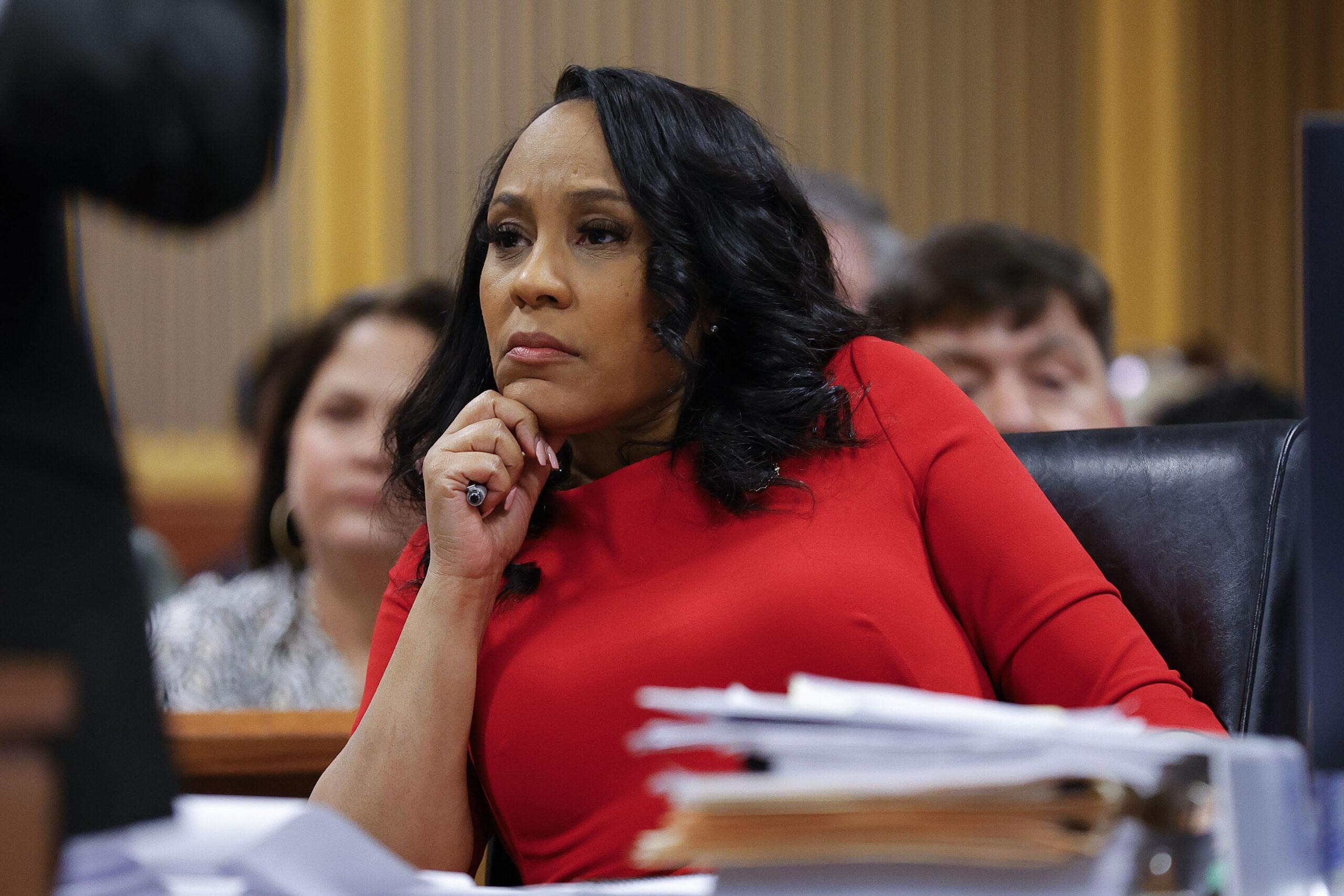

The judge presiding over former President Donald Trump‘s Georgia racketeering case ruled Friday that Fulton County District Attorney Fani Willis can remain on the case only if she removes her special prosecutor who was previously her boyfriend.
In the much anticipated ruling, Superior Court Judge Scott McAfee said Willis must address an appearance of impropriety sparked by her romantic relationship with special prosecutor Nathan Wade, who has billed more than $700,000 in legal fees to county taxpayers and helped pay for trips he took with Willis.
McAfee made his decision following a tumultuous legal saga that began when one of Trump’s co-defendants said in a January 8 motion that Willis and her hired special prosecutor, Nathan Wade, were previously involved in a romantic relationship. The point of contention ultimately became not the relationship itself, but whether Willis benefited from appointing Wade to handle the case.
The judge heard closing arguments on March 1 over removing Willis from the case against Trump. Defense attorney John Merchant said then that the revelations over the past several weeks should “make clear” that there was at the very least “an appearance of a conflict of interest” that would be sufficient to remove Willis.
In hearings over the past several weeks, defense attorneys have attempted to bring witnesses and evidence that support their allegations against Willis, specifically that she financially benefited from the relationship, that it began before she hired him in late 2021, and that both prosecutors lied under oath about when they started dating.
To underscore their claims about the relationship timeline, Trump’s attorney and counsel for his allies highlighted Wade’s cell phone data that they obtained through a subpoena. They said the cell phone data showed he made several visits, including some late at night, to the area where Willis was living at the time before they said their relationship began.
In a brief filed on March 6, Willis made her final pitch to the judge that there should be an actual conflict of interest to warrant disqualification rather than the appearance of one, as the defense argued.
CLICK HERE TO READ MORE FROM THE WASHINGTON EXAMINER
“Every Georgia case that has addressed the issue has reached the same conclusion: in order to authorize a trial court to disqualify an elected district attorney, an actual conflict of interest must be proven,” the district attorney’s office had written. “No prosecutor in this state has ever been disqualified on the appearance of a conflict.”
This is a developing story and will be updated.






